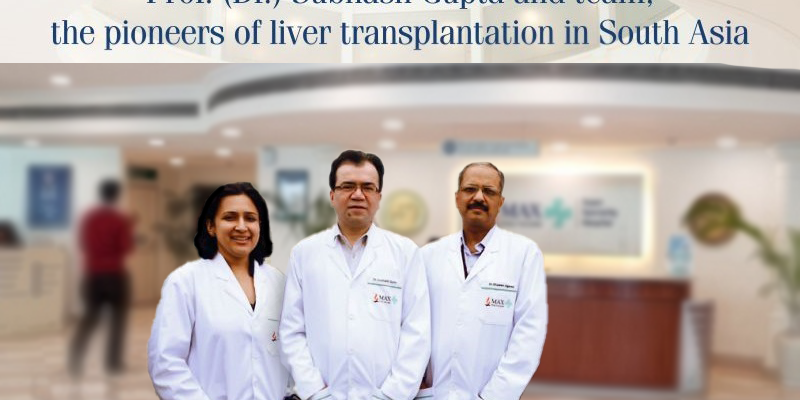Major liver condition due to which patient has to undergo liver transplantation
Liver transplantation is a life-saving procedure often necessitated by severe liver diseases or conditions that compromise the liver’s function. The liver plays a crucial role in metabolism, detoxification, and digestion, making it vital for overall health. When it becomes severely damaged or dysfunctional, it can lead to a range of life-threatening complications. Several major conditions can prompt the need for liver transplantation, each with its own unique characteristics and challenges.
- End-Stage Liver Disease (ESLD): ESLD is a condition where the liver sustains significant damage, leading to its inability to function adequately. This can result from chronic liver diseases such as cirrhosis, hepatitis B and C, non-alcoholic fatty liver disease (NAFLD), alcoholic liver disease (ALD), autoimmune hepatitis, or genetic disorders like hemochromatosis or Wilson’s disease. As the liver function declines, patients may experience symptoms like jaundice, ascites (fluid buildup in the abdomen), hepatic encephalopathy (confusion and coma due to liver failure), and gastrointestinal bleeding. Liver transplantation becomes necessary when conventional treatments fail to manage these complications effectively.
- Acute Liver Failure (ALF): ALF is characterized by rapid deterioration of liver function within days to weeks, often leading to life-threatening complications like hepatic encephalopathy and multi-organ failure. Causes of ALF include drug-induced liver injury, acute viral hepatitis, autoimmune hepatitis, and acute fatty liver of pregnancy, among others. Despite its sudden onset, ALF can progress rapidly, necessitating urgent liver transplantation to prevent mortality.
- Hepatocellular Carcinoma (HCC): HCC is the most common type of liver cancer and often arises in the setting of chronic liver disease, particularly cirrhosis. Patients with advanced HCC who are not amenable to curative treatments like surgical resection or local ablation may require liver transplantation as a definitive treatment option. Transplantation offers not only removal of the cancerous liver but also the opportunity for a new, healthy liver that is less susceptible to cancer recurrence.
- Biliary Atresia: Biliary atresia is a congenital condition where the bile ducts inside or outside the liver are absent or damaged, leading to bile accumulation, liver inflammation, and eventual fibrosis. It is the most common cause of neonatal cholestasis and requires prompt surgical intervention (Kasai procedure) to establish bile flow. However, many children with biliary atresia progress to end-stage liver disease despite surgical intervention, necessitating liver transplantation for long-term survival.
- Metabolic Liver Diseases: Metabolic liver diseases encompass a diverse group of inherited disorders affecting various metabolic pathways within the liver. Examples include Wilson’s disease, hemochromatosis, alpha-1 antitrypsin deficiency, glycogen storage diseases, and urea cycle disorders. These conditions can lead to progressive liver damage, cirrhosis, and complications like hepatocellular carcinoma or hepatic failure. Liver transplantation may be indicated when medical management fails to prevent disease progression or alleviate symptoms.
- Primary Sclerosing Cholangitis (PSC) and Primary Biliary Cirrhosis (PBC): PSC and PBC are chronic autoimmune diseases characterized by inflammation and scarring of the bile ducts, ultimately leading to cirrhosis and liver failure. Despite medical treatments aimed at slowing disease progression, many patients with advanced PSC or PBC experience liver failure necessitating transplantation for survival.
- Alcoholic Liver Disease (ALD): ALD encompasses a spectrum of liver diseases caused by chronic alcohol consumption, including fatty liver, alcoholic hepatitis, fibrosis, and cirrhosis. While abstinence and supportive care can improve liver function in some cases, advanced ALD may lead to irreversible liver damage requiring transplantation as a last resort.

